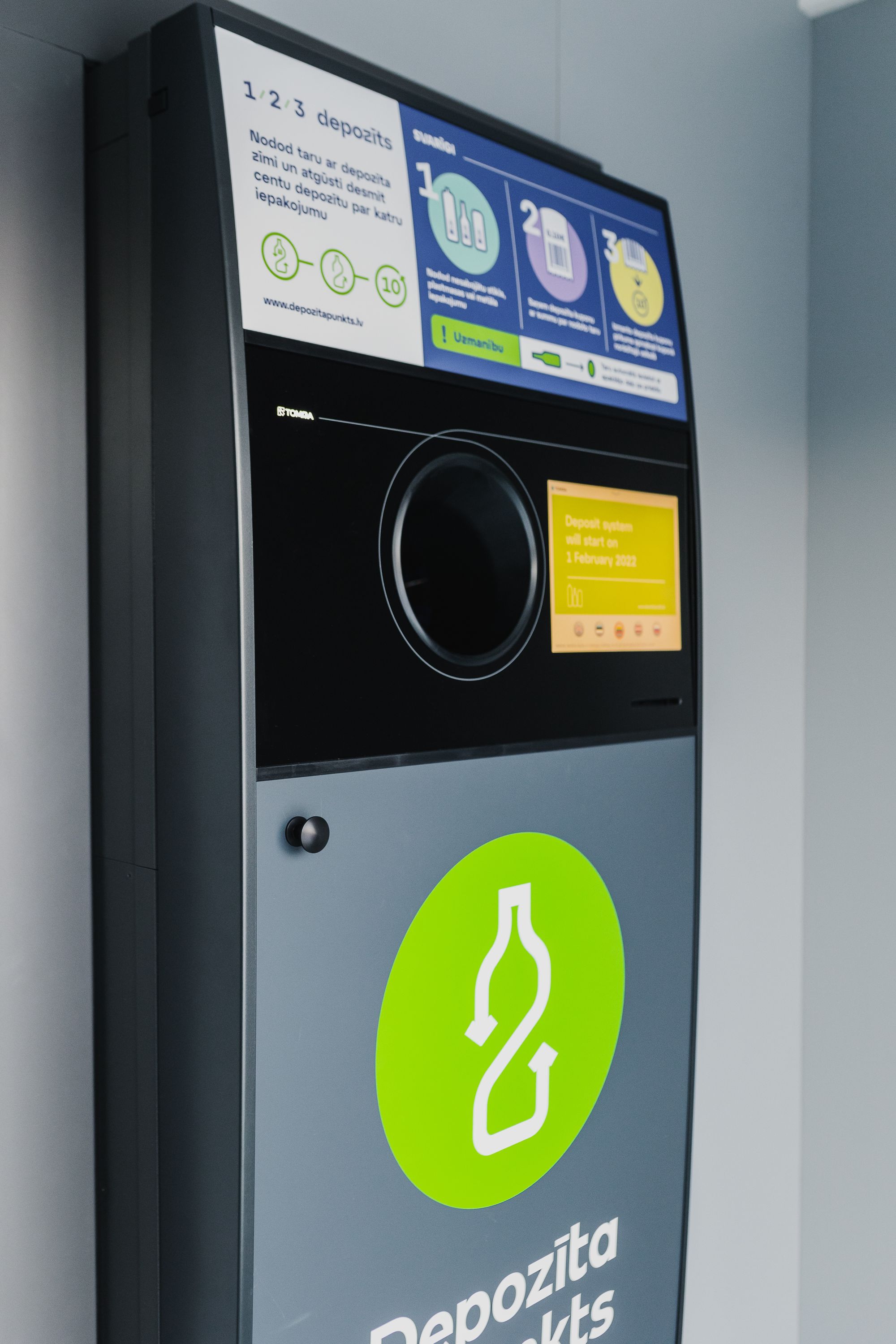The Impact of Plastic Legislation on Tackling Pollution
Plastic legislation is integral to regulate the production and disposal of plastics, thereby reducing pollution.

Plastic pollution has emerged as a global crisis, with the harmful effects of single-use plastics on the environment becoming increasingly apparent.
To address this pressing issue, governments worldwide are enacting plastic legislation aimed at controlling production and improving waste management.
Environmental Regulations and Their Role

Plastic legislation is integral to regulate the production and disposal of plastics, thereby reducing pollution.
These laws place restrictions on the manufacturing and distribution of single-use plastics, the most pervasive form of plastic waste.
Restrictions on Single-Use Plastics

To effectively combat plastic pollution, governments are implementing bans or limitations on single-use plastics.
This category includes items like plastic bags, straws, and cutlery that are designed for one-time use.
By curbing the consumption of these items, the goal is to promote the adoption of more sustainable alternatives.
Leadership from the European Union (EU)

The European Union has been at the forefront of the fight against plastic pollution.
In 2019, the EU introduced the Single-Use Plastics Directive.
This landmark legislation sets ambitious measures to reduce the impact of various single-use plastic products on the environment.
It includes prohibitions on plastic cutlery, plates, and straws, along with requirements for member states to achieve significant reductions in other single-use plastics.
A Multifaceted Approach to Tackle Plastic Pollution
While restrictions on single-use plastics have proven effective, successful plastic legislation encompasses diverse approaches.

Some countries have implemented deposit-return systems, incentivizing consumers to return plastic bottles for rewards.
Others have established extended producer responsibility, holding manufacturers accountable for the recycling or proper disposal of their products.
Continued Efforts and Future Solutions
Although significant progress has been made, there is more work to be done.

In addition to plastic legislation, governments must incentivize the development of sustainable alternatives, improve recycling infrastructure, and raise public awareness about the importance of reducing plastic consumption.
Collectively, we can strive for a cleaner and healthier environment.






